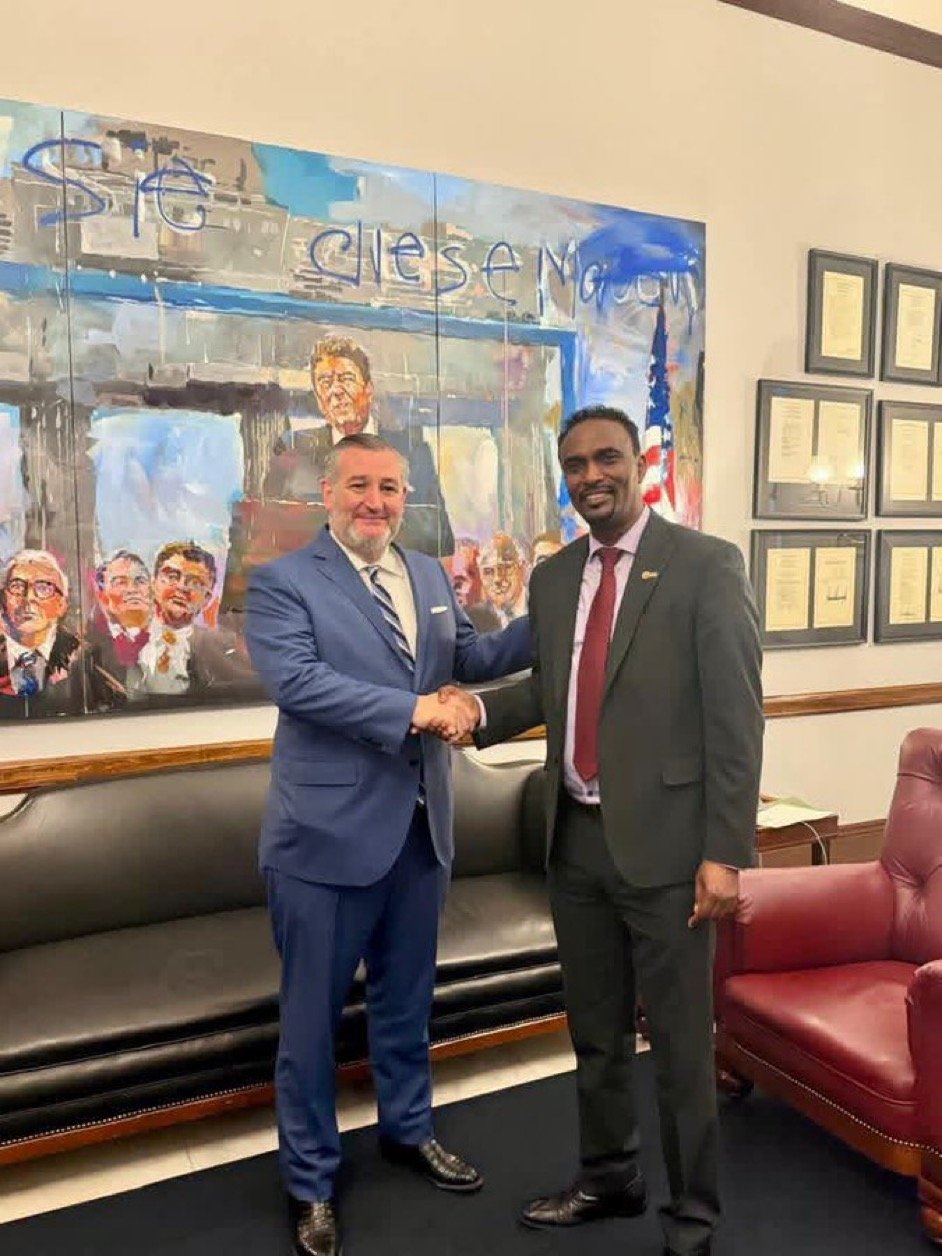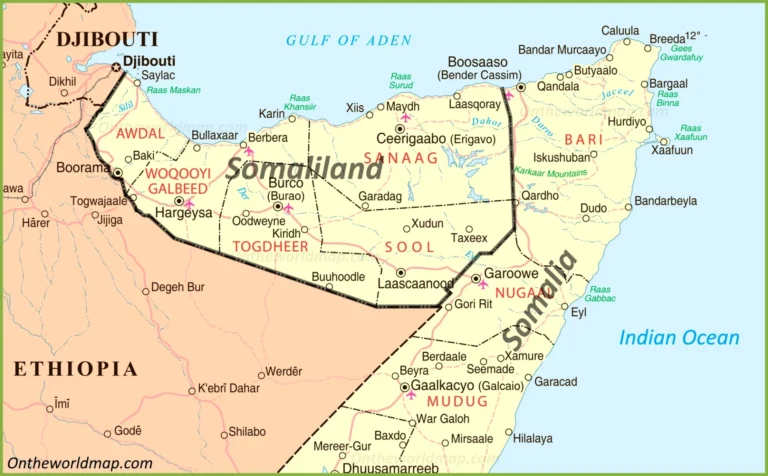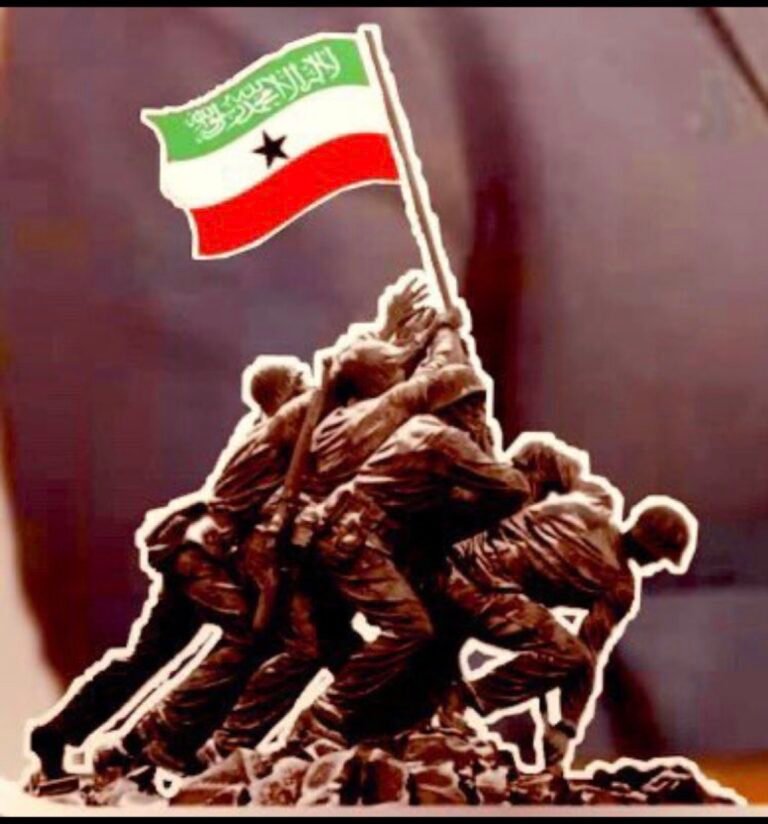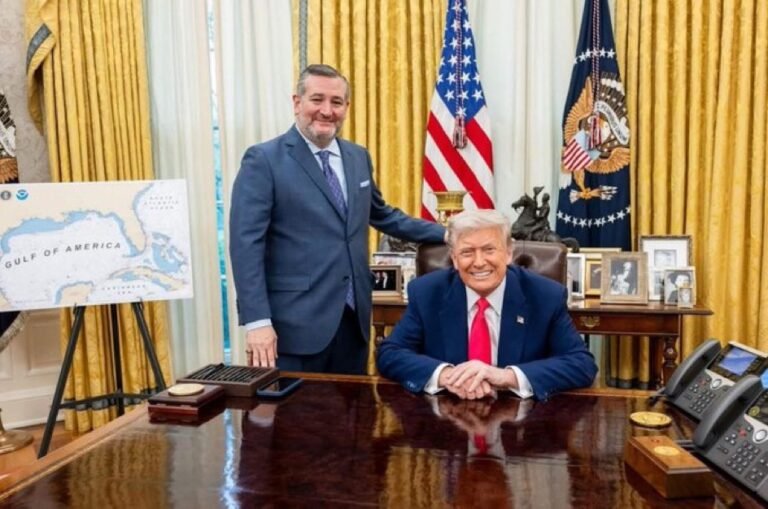
By prof. Nassir Hussein Kahin, bridgingsomaliland.com
When it comes to the question of Somaliland’s recognition, the debate has long been plagued by diplomatic clichés and fears rather than a sober reading of facts. Former U.S. Ambassador to Somalia, Larry André Jr., recently argued against recognizing Somaliland as a sovereign state. His reasoning relied on three pillars: fears of destabilization, concerns about alienating Somalia and empowering al-Shabaab, and anxieties about setting a “dangerous precedent.”
But when each of these pillars is examined, they collapse under the weight of Somaliland’s unique history, democratic governance, and proven record of peace and stability. Far from undermining regional security, recognition of Somaliland would strengthen it.
⸻
The Destabilization Myth
For more than three decades, Somaliland has maintained peace within its borders while Somalia descended into civil war, foreign interventions, and chronic instability. Hargeisa today is one of the safest capitals in the region, while Mogadishu remains under the constant threat of insurgency.
To argue that recognition of Somaliland would destabilize the Horn of Africa is to ignore reality. If anything, recognition would consolidate and reinforce stability by rewarding the one entity in the region that has demonstrated it can govern itself responsibly.
⸻
The Al-Shabaab Argument
Ambassador André warned that recognizing Somaliland would alienate Somalia and somehow empower al-Shabaab. Yet the opposite is true. Somaliland has been remarkably effective in preventing al-Shabaab from gaining a foothold in its territory. It has done so without billions in foreign aid, without African Union peacekeepers, and without permanent U.S. military bases.
Recognition would only enhance Somaliland’s ability to work with international partners on counterterrorism, intelligence, and maritime security. It would not harm Somalia; it would, instead, help build a stronger and more coordinated regional security architecture.
⸻
The African Union’s Own Findings
It is worth remembering that the African Union itself has already weighed in on Somaliland’s status. In 2005, an AU fact-finding mission concluded that Somaliland’s case was unique, historically justified, and met the conditions for independence. The mission explicitly recommended recognition.
Yet two decades later, the report remains shelved, and the AU has chosen paralysis over principle. Somaliland is not asking the AU to create a dangerous precedent; it is simply asking the AU and the international community to implement their own findings.
⸻
No Precedent, Only Context
The idea that Somaliland’s recognition would set off a wave of separatism is misleading. Somaliland is not a separatist movement—it is a restored state. It was independent in 1960, recognized by over 30 countries, and voluntarily united with Somalia. When the union collapsed, Somaliland reasserted its sovereignty.
This is not a copy-and-paste model that can be applied elsewhere. Somaliland’s case is distinct, rooted in history, legality, and lived political reality.
⸻
Recognition as Strategy, Not Sentiment
Recognizing Somaliland is not a symbolic gesture; it is a strategic necessity. Situated on the Bab el-Mandeb Strait, Somaliland offers the United States and its allies access to one of the world’s most important maritime routes. It has proven itself a bulwark against piracy and extremism, a functioning democracy in an authoritarian neighborhood, and a potential economic hub at the crossroads of Africa, the Middle East, and Asia.
Ambassador André’s arguments represent an outdated mode of thinking that has too often held U.S. policy hostage to Mogadishu’s insecurities. Recognition of Somaliland would not destabilize the Horn of Africa—it would strengthen it, empower U.S. interests, and reward a people who have earned sovereignty through democracy, sacrifice, and resilience.
⸻
A Moment of Choice
The United States now faces a choice: to continue clinging to a fiction that ignores Somaliland’s three decades of de facto independence, or to recognize a partner that has already proven itself in practice.
For too long, diplomats have chosen the former. But the facts remain: Somaliland exists, it governs itself, it secures itself, and it deserves recognition. The only destabilization that exists in this debate is the destabilization of reason itself.


